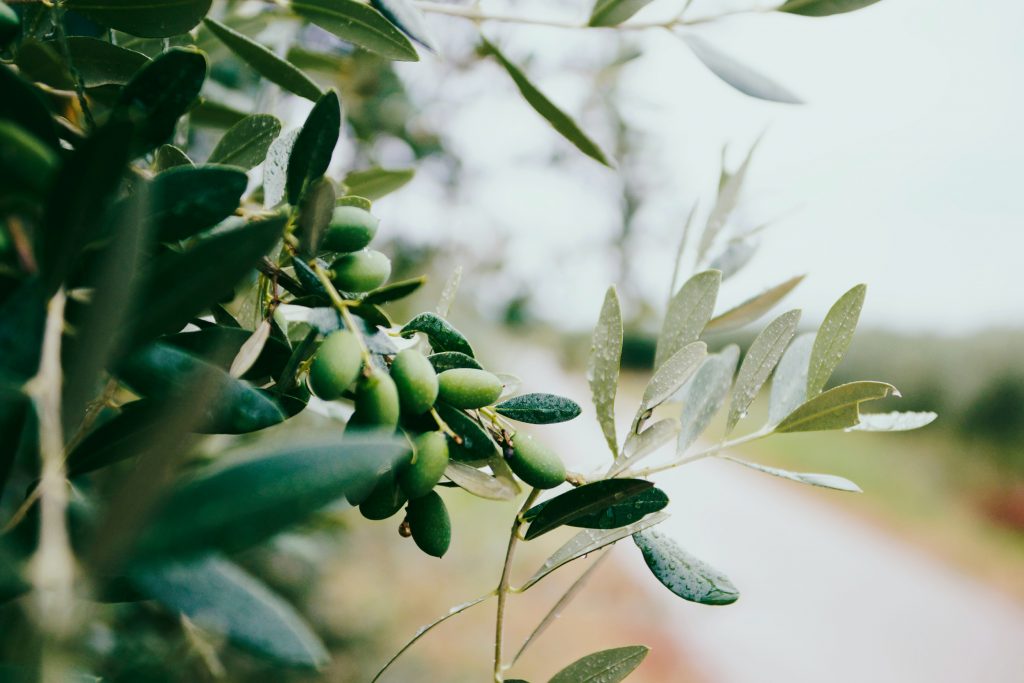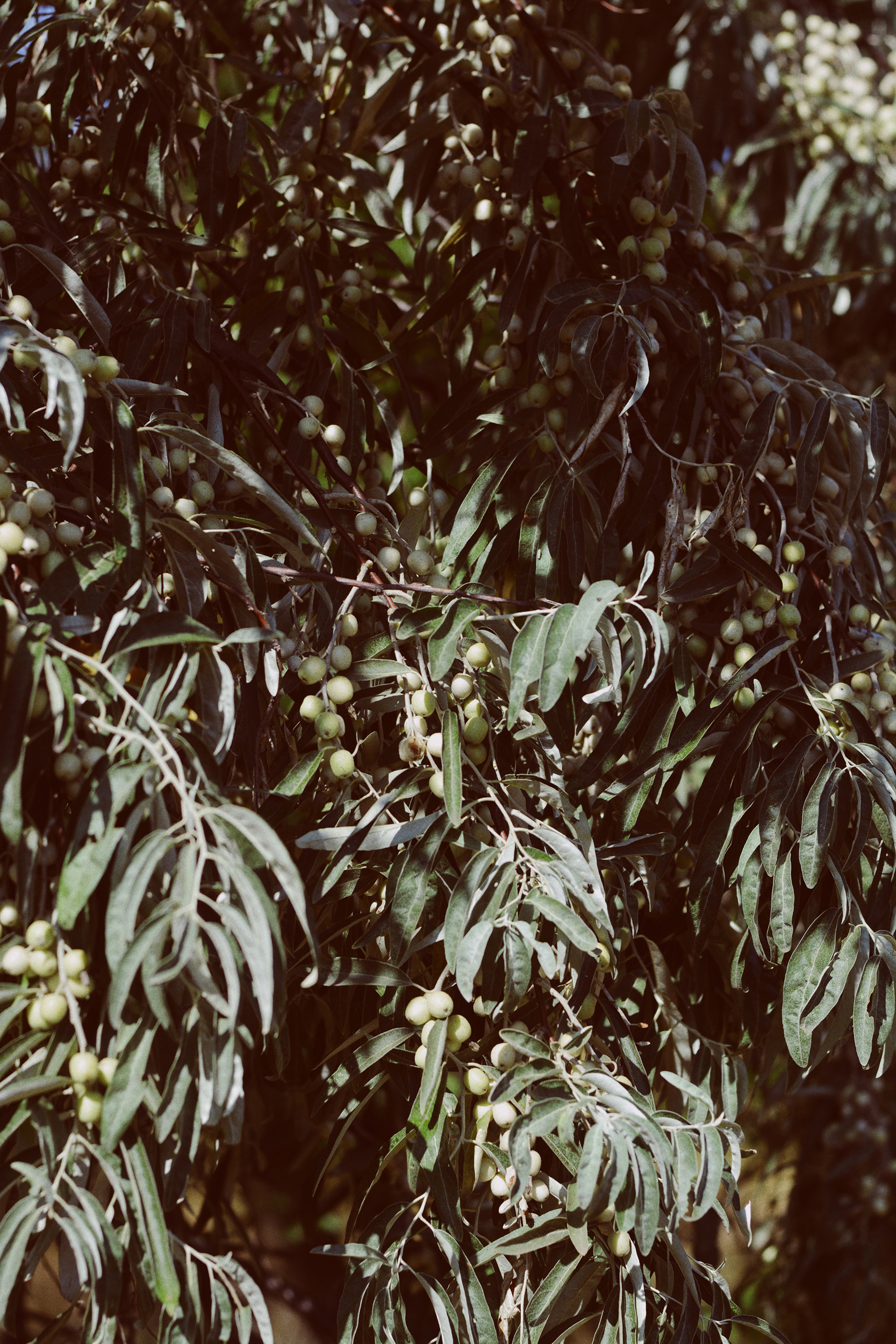I did a Twitter poll the other day and you all chose for me to talk about “What is the most sustainable cooking oil?”. Thrilling stuff. No, it actually is! After a trip to the local shop we were suddenly faced with what cooking oil was best. Bear with me. Just think about all the products you buy that aren’t cooking oil but contain them. Vegetable oil – what’s that? Sustainable palm, rapeseed oil, sunflower, olive. Pretty much every plant you can think of has been turned into an oil. So which one is best?
Ethics
Firstly – let’s get the ethics covered. A sustainable product – in my opinion should be ethical. Why? Well, if we look at inequality – where we have a growing divide between the richest and poorest – that is unsustainable. So an ethical product should be Fairtrade – so those who produce it a fairly compensated – reducing inequality.
The method of producing the oil can also be considered – expeller, cold pressed or extra virgin, have had the oil mechanically removed or squished out, these are also termed unrefined oils and are generally better for you too. Whereas other use hexane as a solvent or heat to remove the oil and it a process that can be hazardous to workers and the environment.
Finally we can consider how the crop is grown. Most crops commercially grown use fertilisers and pesticides, these damage biodiversity and can run off into our water courses. Generally pretty bad for people and wildlife. Organic produce does not use these so again more ethical.
So an ethical oil will be:
- Fairtrade
- Cold pressed/unrefined/extra virgin
- Organic.
These are all pretty easy to look for as much of the information is on packaging, Now lets look for the different types of oil you can by.
Palm oil
We’ll start with the big one. You might not be expecting the answer to “what is the most sustainable cooking oil?” to be palm, and if you look at the damage that has been done to rainforest in order to grow it, then it’s not had a great track record. This isn;t one you would tend to look for in the shops to fry your egg in but it is in everything, and has a large number of names it goes by:
- Elaeis guineensis
- Etyl palmitate
- Glyceryl
- Hydrogenated palm glycerides
- Octyl palmitate
- Palm fruit oil
- Palm kernel
- Palm kernel oil
- Palm stearine
- Palmate
- Palmitate
- Palmitic acid
- Palmitoyl oxostearamide
- Palmitoyl tetrapeptide-3
- Palmityl alcohol
- Palmolein
- Sodium kernelate
- Sodium laureth sulfate
- Sodium lauryl lactylate/sulphate
- Sodium lauryl sulfate
- Sodium palm kernelate
- Stearate
- Stearic acid
- Vegetable fat
- Vegetable oil

For a long time palm oil was the big bad. I avoided, as did many others. I signed the petitions and joined campaigns against it. But here’s the kicker. It’s the most efficient producer of cooking oil in terms of land use.
Crop efficiency and sustainability
Linking back to my grow your own strategies – yield is important. The more you can get out of a space means you need less space and you don’t need to take that from wildlife. You can get 5950 litres per hectare from oil palm. Compare that with our other oils:
- Olive 1212 litres per hectare
- Rapeseed/Canola 1190 litres per hectare
- Sunflower 952 litres per hectare
You would need five hectares of olive trees to produce the same as one hectare of oil palm. So is super cheap because it produces so much. That’s why it’s in everything. So if we switched from palm oil, we would lose even more biodiversity.
Let’s not do that.
The key here is to looks for Certified Sustainable Palm Oil. In 2004 the Roundtable on Sustainable Palm Oil (RSPO) was formed in an effort to curb the destructive side of palm oil. Currently, this is the best we have for monitoring the sustainability of a crop which holds great value, and actually performs pretty well if you look at it’s environmental lifecycle.
Olive oil
This is the oil we currently get. Mainly because it’s meant to be the most healthy.
We saw earlier that we would need five hectares of olive groves to produce the same amount of oil as palm suggests it might not be as environmentally friendly. Assuming they are all grown organically, there is still the issue of land use reducing biodiversity.
Having said that – olive trees can thrive in some harsh environments, require very little water, and are being used to help soil erosion and reverse desertification and shelter other crops (agroforestry). So actually – that five hectares might actually benefit from the trees!
Olive oil does still suffer from the ills of most crop growing and falls in the middle of our best and worst performers – it still contributes to acidification and eutrophication (overly enriched water systems). Much of this is down to farming practice which hopefully will improve as we progress.

Sunflower oil
Sunflower oil hasn’t really got a lot going for it. What is the most sustainable cooking oil – I thought was going to be a crop we can grow right here. In fact, it is one of the worse offenders when it comes to acidification, eutrophication, and consumed the most energy in production. It’s low yield makes it not very efficient in terms of land and water use.
Rapeseed/Canola oil
We’re used to seeing golden field in summer, rapeseed has become a popular choice by farmers – it’s quick to grow and turns a reasonable profit. However much like sunflower oil, it’s yield compared to it’s environmental impact is not so great!
Vegetable oil
Our last on the list is a weird one. Vegetable oil. What’s vegetable oil? I honest used to think it was squished carrots and cabbage. I was wrong. You may have seen it in the list of pseudonyms for palm oil, but that’s only part of the story.
Vegetable oil is typically a blend of different oils, usually with palm as it’s base. The idea is, it’s cheap. Listed as an ingredient on it’s own it masks what is actually in the mix, sometimes it’s just palm oil sometimes it’s a mix of palm and sunflower. All very confusing. So, you could be using sunflower oil that’s the worst for the environment and palm oil that has burnt rainforest. Which would be very, very bad.
But, oddly enough, it could also be the most sustainable we have on our supermarket shelves, providing it comes from a Certified Sustainable Palm Oil source. Palm oil scored well on a life cycle assessment. It’s super efficient. If it was just palm oil it would be the most sustainable.
The verdict.
What is the most sustainable cooking oil? This has been a journey researching and forming an opinion on the subject. I thought I already knew the answer. And I still don’t think it’s an easy one. Only 19% of palm oil production is certified as sustainable. We can only assume that the other 81% is unsustainable and destroying rainforest.
Fairtrade, certified, organic, coldpressed palm oil would win hands down the most sustainable cooking oil.
But for now, I think olive oil might still be the option we go for. It has some great potential in arid regions, we just need farming practices to sort themselves out!
What do you think? Will you be switching oils? Comment below!
